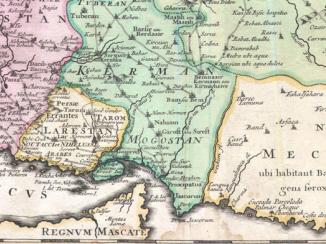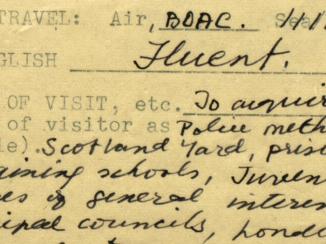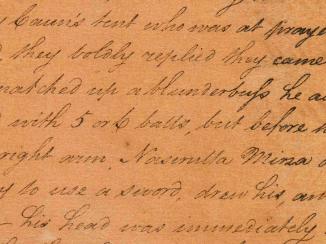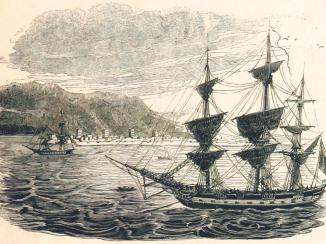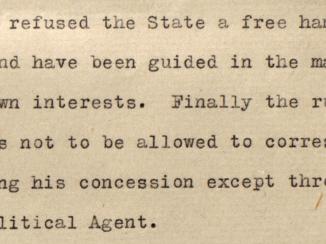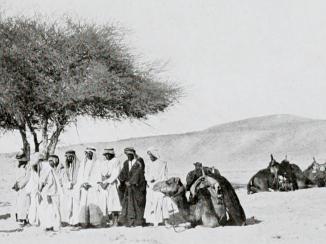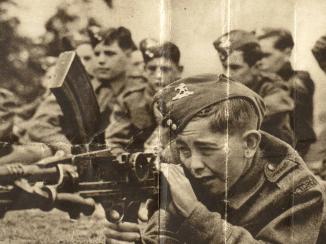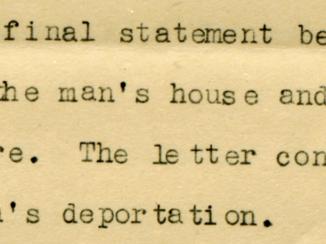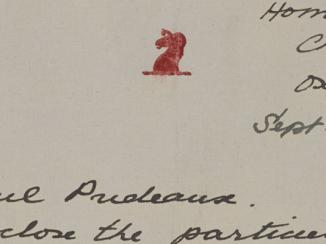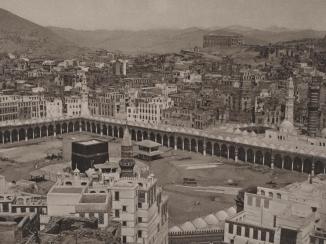Overview
In October 1919, on the first night of his official visit to Britain, Shaikh Aḥmad al-Jābir Āl Ṣabāḥ, nephew of the ruler of Kuwait, Shaikh Sālim al-Mubārak Āl Ṣabāḥ, sat unhappily in a hotel room on the outskirts of London. An error in communication during the build-up to the visit meant that officials in London had only been informed of Ahmad’s arrival one day before he actually arrived.
By this time, all of the luxury hotels in central London normally used to host foreign dignitaries had been fully booked. After hours spent driving around London searching, the only accommodation that could be found was a small hotel in the South London suburb of Norwood.
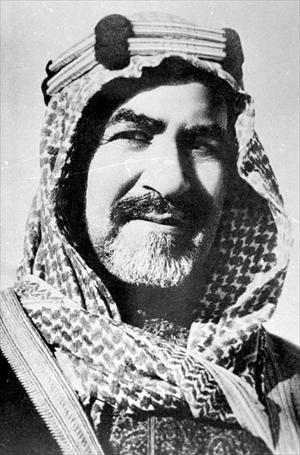
Significant Strategic Importance
At this time, Kuwait was a British-protected state that was of significant strategic importance to the British Empire and Ahmad – already one of the most important figures in the country –was widely considered to be the member of the Al Sabah family most likely to succeed his uncle as its ruler. Therefore, in an attempt to ensure that their dominant position in the country would continue unchallenged, the British were keen to develop a close relationship with Ahmad in advance of his succession.
It was for similar reasons that Fayṣal bin ‘Abd al-‘Azīz Āl Sa‘ūd of the Nejd, the thirteen year old son of bin Sa‘ūd (and future king of Saudi Arabia, 1964–75) had been invited to visit Britain at the same time. Inviting members of ruling families, such as Āl Ṣabāḥ and Āl Sa‘ūd, to make official visits to Britain was a common tactic employed in this period as a means to incorporate them into the British imperial system. The visits sought to generate a sense of personal allegiance to the British Empire and to display the grandeur, power and modernity of the metropolis at its heart, London.
‘Very Depressed’ by the Weather
Daniel Vincent McCallum, the British Political Agent A mid-ranking political representative (equivalent to a Consul) from the diplomatic corps of the Government of India or one of its subordinate provincial governments, in charge of a Political Agency. in Kuwait, was back home in Britain on leave at the time of Ahmad’s visit and two weeks into the trip, he took charge of supervising the Shaikh and his small entourage for the remainder of their visit.
According to his account, although Ahmad had been moved out of the hotel in Norwood to a town-house in Pimlico after one night, two weeks into his trip, he remained ‘very depressed’ and had a long list of complaints against the officials who had been charged with his care.
Another account of Ahmad’s visit, written by Dr Charles Stanley Mylrea, a medical doctor and missionary at the Arabian Mission of the American Reformed Church was published under the title ‘Shaikh Ahmed goes to England’ in Neglected Arabia, the Arabian Mission’s own journal. The article speculated that the weather in London may also have played a role in causing Ahmad’s depressed state of mind.
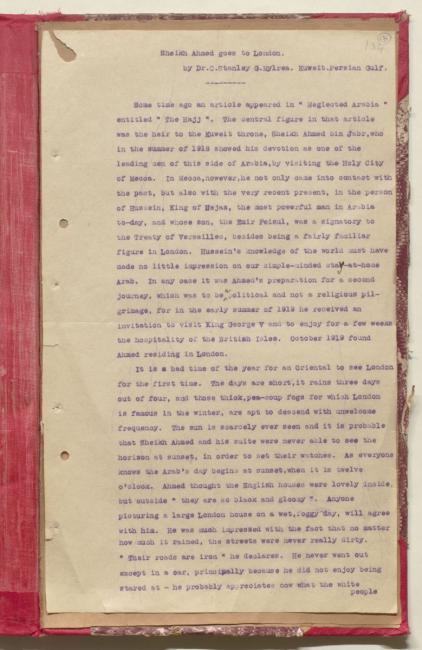
Camels at the Zoo
McCallum took Ahmad and the Kuwaiti party to visit Hampton Court Palace, the theatre and London Zoo where, Mylrea comments, ‘it must have tickled his [Ahmad’s] Arab heart to see camels on view as curiosities’. The group also rode on the London Underground which, according to Mylrea, was a ‘source of real wonder’ to Ahmad who had never previously left the Gulf region.
McCallum’s letter also reveals that much of Ahmad’s final week in London was spent shopping. According to Mylrea, Selfridge’s, ‘that huge Anglo-American department store on Oxford Street’, was a ‘popular haunt’ of the Shaikh’s.
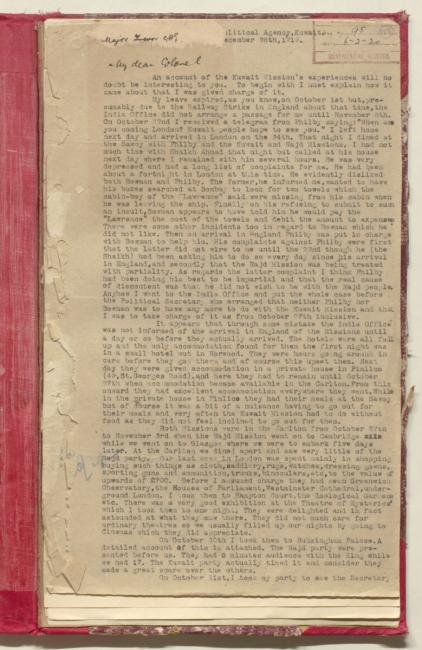
Seventeen Minutes with King George V
The most important component of Ahmad’s visit was his official appointment with King George V at Buckingham Palace. A précis of the speech that Ahmad gave to mark the occasion is contained in the India Office The department of the British Government to which the Government of India reported between 1858 and 1947. The successor to the Court of Directors. records, as are details of the gifts that he offered to the King: a sword that formerly belonged to a Shah of Persia, a golden dagger and an Arabian stallion that Mylrea dryly observes ‘for obvious reasons was not personally tendered in the audience chamber’.
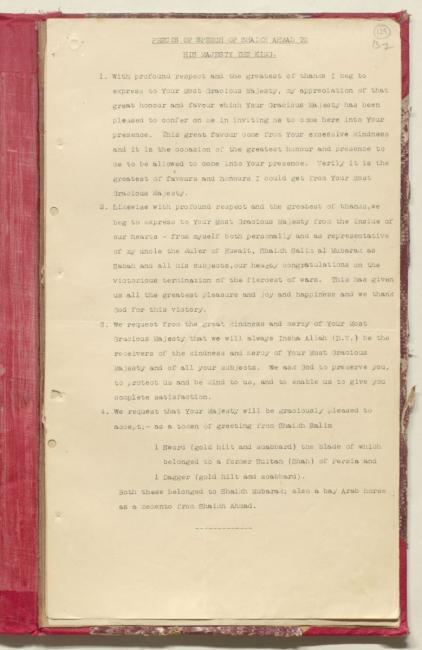
In return for his gifts, Ahmad received a signed and framed portrait of King George to deliver to his uncle, Shaikh Salim. McCallum observes that while Faisal and the Nejd delegation had spent eight minutes with the King, the Kuwaiti party was granted seventeen minutes and that the Kuwaitis – who had timed the events – were delighted and considered this a ‘great score over the others’.
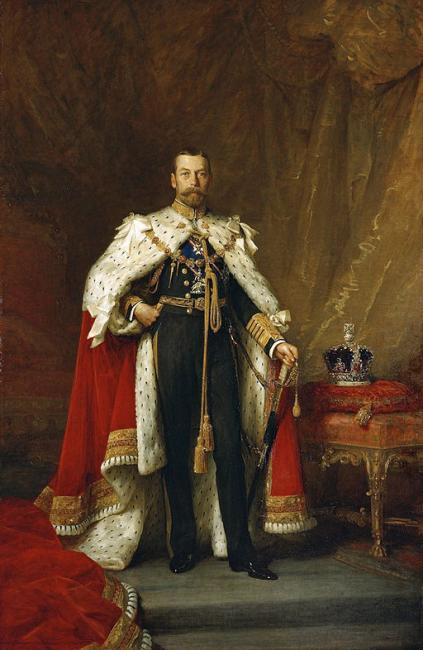
Despite the visit’s inauspicious beginning, McCallum – who enjoyed a good relationship with Ahmad – managed to rectify the situation. In his account of the visit, he was able to conclude that he believed it had done Ahmad ‘a very great deal of good […] if we pay him sufficient attention in the future I have no doubt when his time comes we will have a really good friend’. McCallum’s effort was to prove worthwhile as in 1921, three years after his visit, Ahmad succeeded his uncle as ruler of Kuwait. He was to remain in power for almost thirty years until his death in 1950.
Ahmad’s visit typifies the manner in which official state visits – combined with ritualistic gift-giving and ceremonial audiences with the ruling monarch – were used by the British as a means to impress, befriend and co-opt the ruling elites of their numerous client and vassal states from around their global empire.



